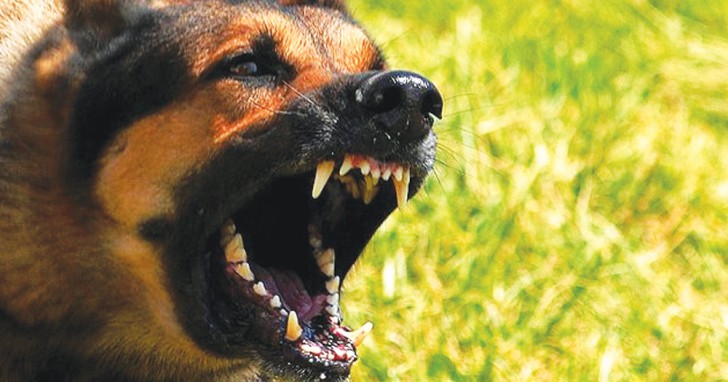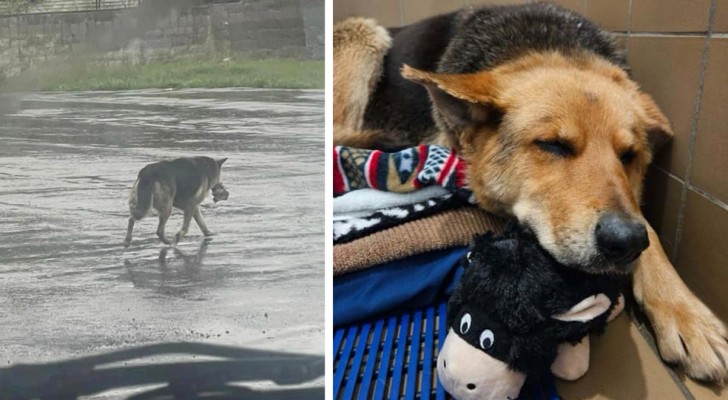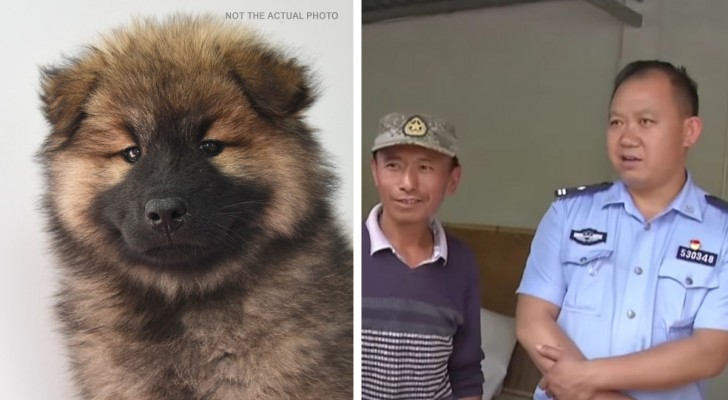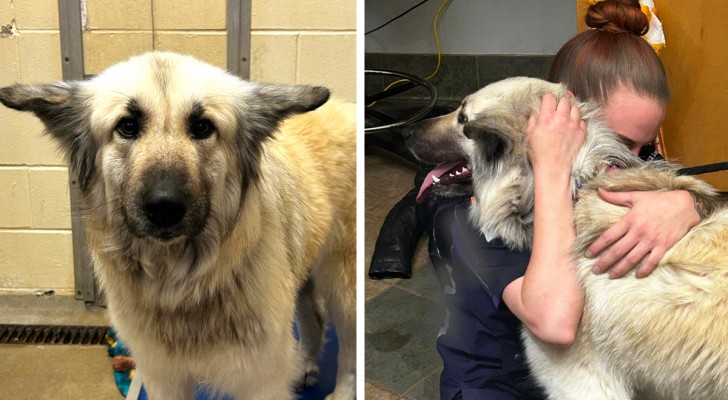According to this scientific research study, dogs are able to recognize a "bad" person

Have you ever wondered why your dog is particularly agitated or even aggressive with certain people?
If you think about it, you will surely remember that you usually end up blaming your four-legged friend for being rude, but, but modern science tells us that there is actually a logical motivation for your dog's behavior.
Therefore, it has been proven that dogs can actually recognize a bad person, so they bark at them trying to move them away from the area that the dog is trying to protect.
via Neuroscience & Biobehavioral Reviews
Researchers have conducted an experiment that confirms that dogs remember a "bad" person.

U.S. Air Force Photo by Josh Plueger. Postwork by Dove/Wikimedia
It has already been verified that dogs are empathic animals because they can distinguish different human facial expressions. For example, they can perfectly recognize a sad face and an angry one. But to conclude that dogs can "recognize" a bad person, who at the moment is not actually displaying a bad expression, it was necessary to conduct a different kind of experiment.
Therefore, the researchers had a dog participate in a staged event, where the owner was also present with two collaborators. In the first part, the dog's owner faced difficulties in opening a box of dog food treats and asked for help from one of the collaborators who was finally able to open the box and take out the treats. All the dogs involved in the experiment accepted the treats offered by both the collaborator and the owner.
In the second part, however, one of the two collaborators refused to help the owner, while the other watched without intervening. Later, when the dog food treat was offered, the dogs never accepted it from the hands of those who had been "bad" to their owner, while they always accepted a treat from the latter and the collaborator who had watched but had not intervened.
The researchers then concluded that dogs form their own opinions about humans, which varies depending on how humans behave. The study was published in the scientific journal of Neuroscience & Biobehavioral Reviews.
Consequently, if your dog growls, barks or does not accept a caress from a person, in particular, it may be because on one occasion this person did not behave well with you and the dog noticed. Think about it ... and be careful!





